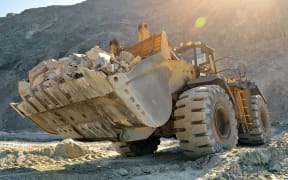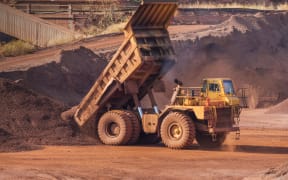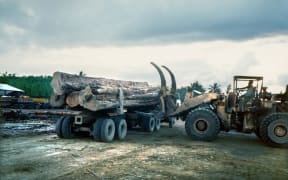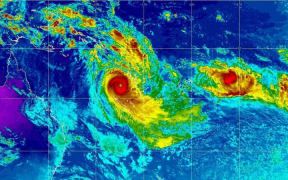An environmental NGO says communities in Solomon Islands' Temotu province can earn more from preserving their environment than through logging or mining.
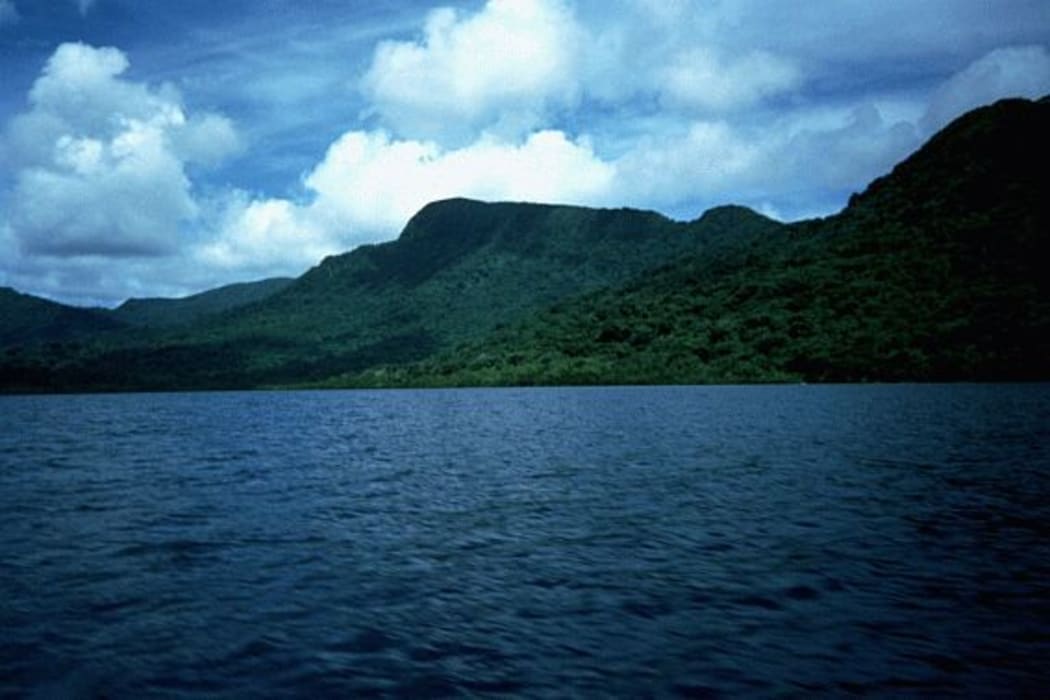
Vanikoro island in Temotu Province. Photo: Supplied
Oceans Watch has been raising awareness in the remote province about potential impacts from bauxite mining and logging developments currently afoot.
The Temotu government said the resource projects would bring sorely-needed development to the province.
But the co-director of Oceans Watch Solomon Islands, Chris Bone, said in the case of logging, local people would earn a pittance from their trees due to transfer pricing and middle men.
"They can make quite a lot more money from their forests, with sustainable development, than they can from logging and mining. So we are working hard to inform people about for example about the REDD (Reduced Emissions from Deforestation and Forest Degradation) Plus scheme for carbon trading. They can earn more money for just protecting their environment and signing it for a carbon-trading scheme, than from logging," said Chris Bone.
In the case of bauxite mining, which is at the prospecting stage in Temotu, it would take a long time to rehabilitate the island of Nende from the ravages of mining.
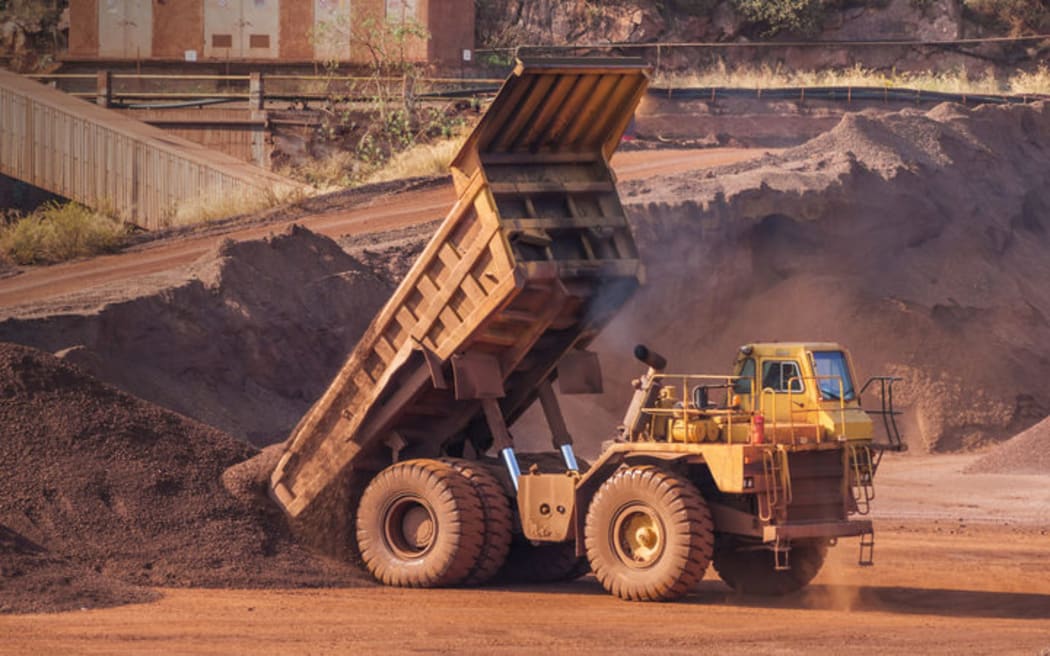
Photo: 123RF
"The land is the basis of food and water sources for most local people, something that the groundswell of local opponents to mining fear will be jeopardised by the bauxite project," Mr Bone explained.
Oceans Watch had also sent people to Rennell Island in the neighbouring province of Rennell and Bellona to examine the impact of bauxite mining.
"And they have looked at the bauxite mining there and the topography and the geography. Where the bauxite is is almost identical as it is on western Nende. we have looked very carefully, we have sent people there, we have made a film of it. We have seen the massive great holes in the ground filled up with water and now poisonous and disgusting and unsafe," Chris Bone said.
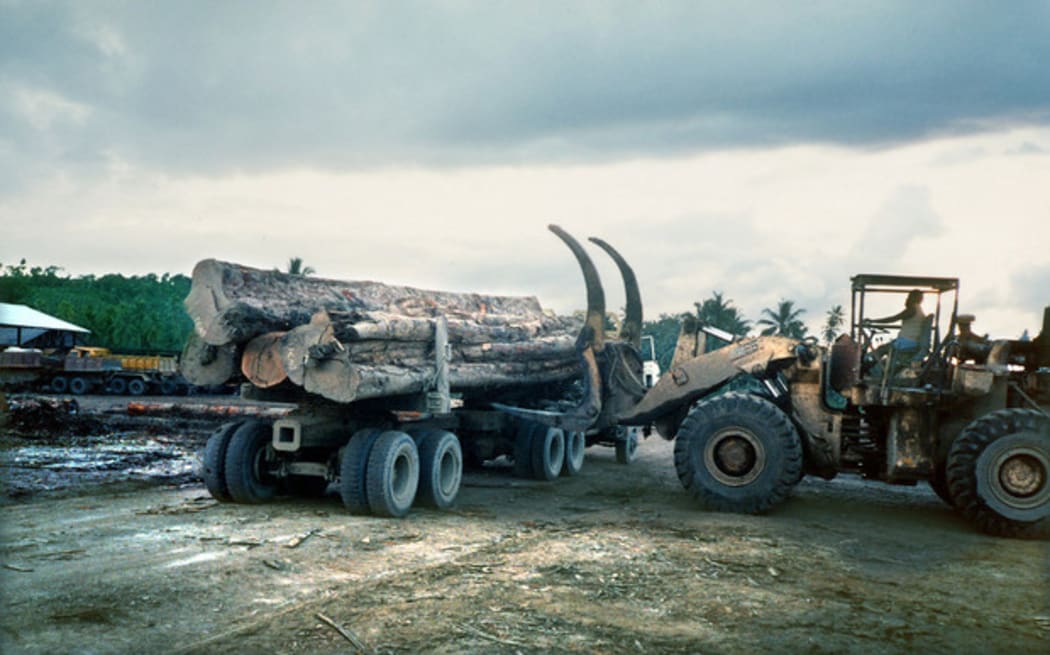
Photo: Supplied
Mr Bone said there was a lack of awareness about not only the impacts of logging and mining, but also about what the better options were.
Of those options, eco-tourism was an area that Temotu had huge potential in.
"The place is absolutely gorgeous. It's a very, very special and very treasured place, and one of the last places in the Pacific that has this wonderful primary rainforest," Chris Bone said.
